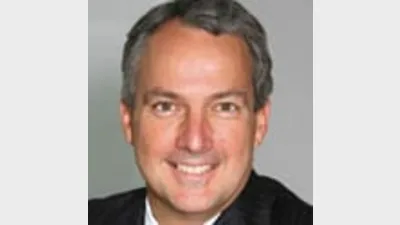Macquarie reveals director-level hires



 |
| Nicholas Moore
|
The Macquarie banking group has revealed the degree to which it has been staffing up at the director level across its divisions, at the same time as forecasting a steady profit line over the second half of the current financial year.
In an operational briefing released to the Australian Securities Exchange today, the big financial services group revealed 47 director level hires across Macquarie Securities Group, Macquarie Capital and Fixed Income Currencies and Commodities.
Macquarie managing director and chief executive Nicholas Moore said the hires were part of organic growth initiatives.
Moore said that uncertain markets made short-term forecasting difficult but that the group currently estimated its second half profit to be broadly in line with the first half profit of $479 million, including expected one-off items such as listed fund initiatives, accounting for deferred remuneration, acquisition and integration costs and impairments.
He said the potential existed for the second half profit to be approximately 10 per cent higher than for the first half, but remained "subject to market conditions, significant swing factors and unexpected one-off items".
The group's broader briefing papers pointed to the potential for more acquisitions arising from the global financial crisis, while within the banking and financial services division the group has pointed to growth in both client and adviser numbers.
As well, the group has pointed to a strategy aimed at increasing Macquarie Life's presence in the life insurance market including broadening distribution via alliances with other organisations.
Recommended for you
Large superannuation accounts may need to find funds outside their accounts or take the extreme step of selling non-liquid assets under the proposed $3 million super tax legislation, according to new analysis from ANU.
Economists have been left scrambling to recalibrate after the Reserve Bank wrong-footed markets on Tuesday, holding the cash rate steady despite widespread expectations of a cut.
A new Roy Morgan report has found retail super funds had the largest increase in customer satisfaction in the last year, but its record-high rating still lags other super categories.
In a sharp rebuke to market expectations, the Reserve Bank held the cash rate steady at 3.85 per cent on Tuesday, defying near-unanimous forecasts of a cut and signalling a more cautious approach to further easing.











